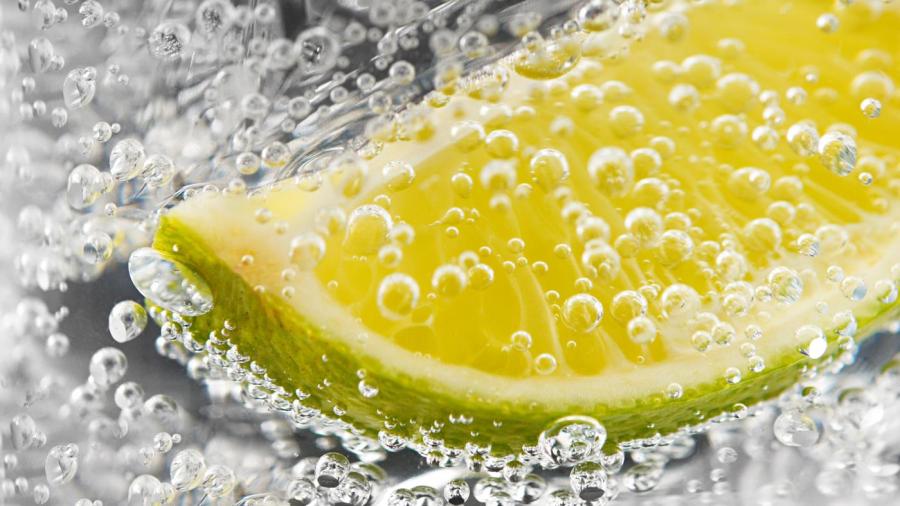Is Tonic Water Bad for Your Health?

Tonic water contains quinine, which is an ingredient in prescription medications to treat malaria, and in high doses, quinine can cause severe adverse side effects, according to a report from the United States Food and Drug Administration (FDA). A glass of tonic water typically contains around 20 milligrams of quinine, whereas a dose of the prescription drug has between 200 and 300 milligrams of quinine.
The amount of quinine in tonic water is approved for consumption by the FDA. Because of the high amounts of quinine in the prescription medication for malaria, the FDA has banned the use of the drug Qualaquin for other, non-approved uses, including as a treatment for nighttime leg cramps. The FDA still approves the use of Qualaquin as a treatment for malaria that is caused by the Plasmodium falciparum parasite. Cases of malaria are rare in the United States and are mostly found among people who have traveled to malaria-endemic areas.
Known and recorded negative side effects of quinine include: hematologic, or blood-related, reactions; gastrointestinal symptoms; mucosal bleeding; hearing loss; dangerous drug interactions; electrolyte imbalances; rashes; and death, among others, as reported by the FDA.
Consult a healthcare provider with questions or concerns regarding the amount of quinine in tonic water.





